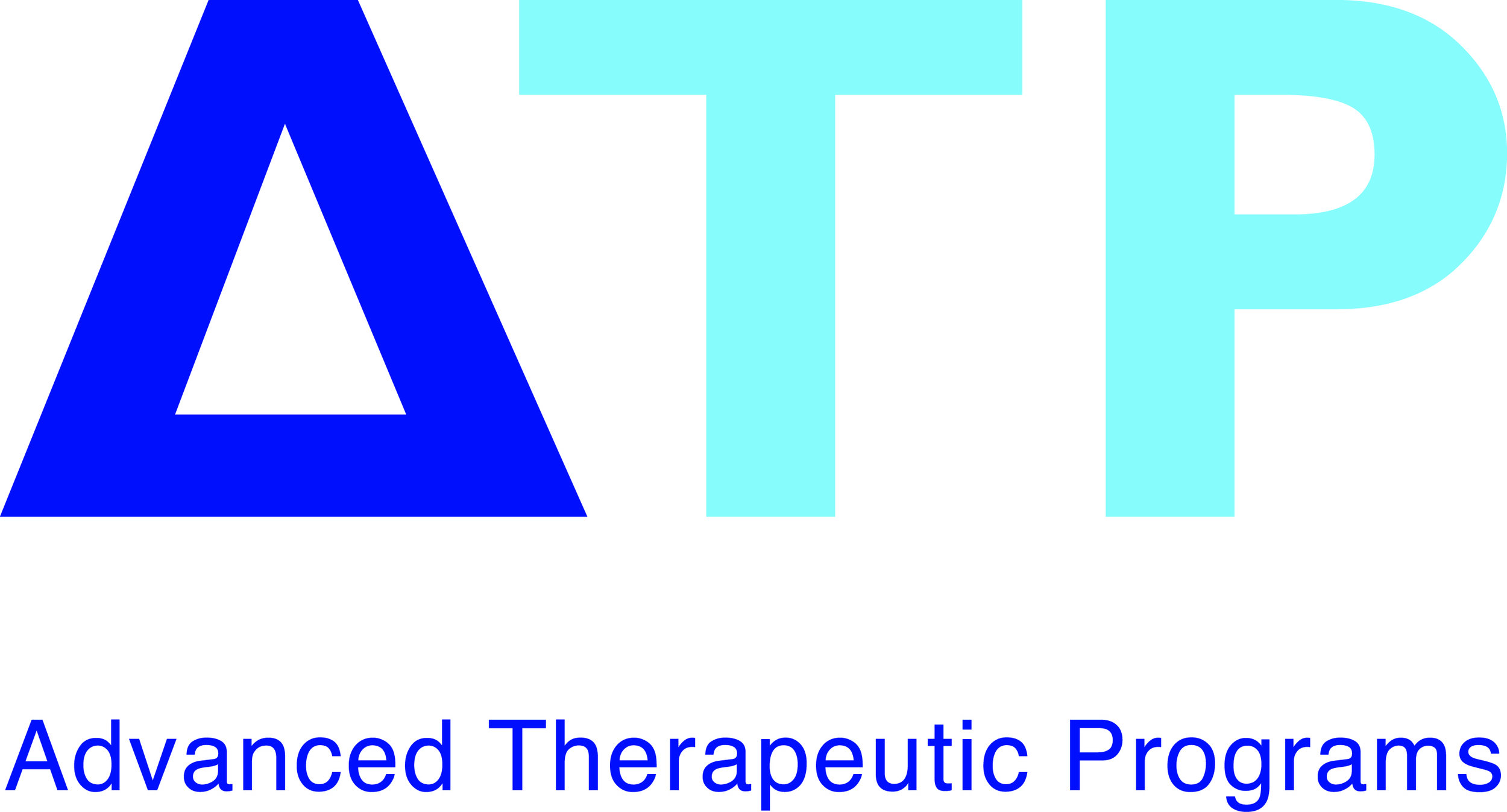Systems Approach To Assessment & Treatment
SAT Course
Within therapeutic care and injury management, paradigms inform every aspect of care, from diagnosis and treatment to research and clinical reasoning. Paradigms fundamentally govern how we perceive the body, what we observe, and the rationale behind our interventions.
Understanding this is critical for appreciating differing approaches in clinical care of movement disorders and pain problems
In this course we will approach assessment, treatment and rehabilitation with a background of a systems paradigm to guide us as a ‘map’ to understanding what we see, what to treat, and how to engage rehab.
The course provides:
Foundational knowledge of the neuro-physiological effects of needling/acupuncture with and without electrical stimulation
Best practice methods for utilization of electrical stimulation of acupuncture/needling points for increased efficacy
Needling of functionally relevant points not taught in foundational acupuncture/needling courses
Understanding the relationship of the fascial, muscular and nervous system and how to effect change within it
Movement Assessment as indication for needling
The predominant paradigm utilized in clinical settings is a Reductionistic or Mechanistic model. It is this model that provides us with the diagnostic labels we have and testing we are taught. However, all paradigms or models used to understand the human body ultimately fall short in answering all our questions, or making sense of all clinical presentations. The mechanistic model falls short in allowing us to understand why 30% of population in their 50’s may have rotator cuff tears with no functional loss or pain.
To address these limitations, a broader perspective—the Systems Paradigm—has emerged among progressive clinicians and researchers.
This paradigm conceptualizes the body as a complex, adaptive system composed of interconnected and interdependent elements.
In this course we will examine approaching care from a more systems approach to allow us to boraden our treatment interventions, rehabilitative approaches and ultimately clinical success with our patients.
The course provides:
Functional Assessment Strategies to assess movement disorders and pain problems
Movement Assessment as indication for needling
Advanced Needling strategies to effectively restore movement deficits
Advanced Rehabilitative guidelines for a more comprehensive strengthening
IMPORTANT INFO
This course is an advanced course covering advanced needling strategies. As a result all participants must have previous needling experience.
Your previous experience is not important as we will endeavour to cover basic neurophysiological principles to guide needling.
““Beyond just learning new points, I feel like I finally learned how to use the needles in the most effective way. Principles I had no idea about. ”
”
““More than trigger point release..wow!! I had no idea I can do so much with needles”
”
WHAT'S INCLUDED
All course material including needling guide for safe landmarking of advanced points. Advanced needling principles guide book and lecture slides
CANCELLATION POLICY
** Cancellations 14 days or earlier of the course date registered for, NO refund will be provided. However, withdrawal from a course you have registered for greater than 14 days of the course start date a refund will be given minus $200 processing fee.
SCHEDULE
November 28-30, 2026
Friday 9-5pm - Upper Extremity
Saturday 9-5pm - Lower Extremity
Sunday 9-5pm - Specific conditions
